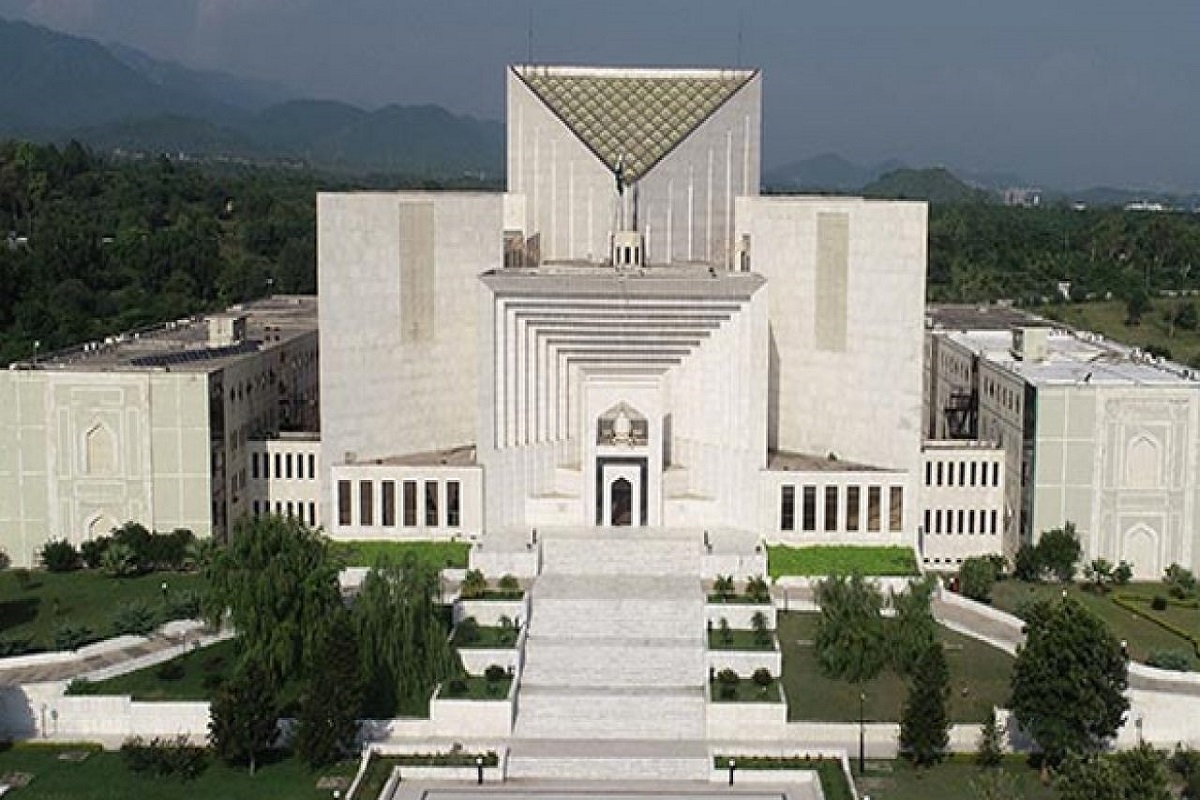ISLAMABAD: The Supreme Court (SC) of Pakistan has declared that the murder trial of former prime minister Zulfiqar Ali Bhutto was unfair and lacked due process, noting that the country and its courts were under Martial Law at the time.
This observation was part of a 48-page detailed opinion issued in response to a presidential reference filed by former president Asif Ali Zardari over a decade ago.
The reference, heard by a nine-member larger bench headed by Chief Justice of Pakistan (CJP) Qazi Faez Isa, sought an opinion under the Supreme Court’s advisory jurisdiction on revisiting Bhutto’s death sentence.
The bench included Justice Sardar Tariq Masood, Justice Syed Mansoor Ali Shah, Justice Yahya Afridi, Justice Amin-ud-Din Khan, Justice Jamal Khan Mandokhel, Justice Muhammad Ali Mazhar, Justice Syed Hasan Azhar Rizvi, and Justice Musarrat Hilali.
Filed in April 2011, the reference asked for a review of the death sentence awarded to the PPP founder.
The SC’s detailed opinion stated that the trial proceedings by the Lahore High Court (LHC) and the appeal process by the Supreme Court did not meet the requirements of the fundamental right to a fair trial and due process as outlined in Articles 4 and 9 of the Constitution, and later guaranteed under Article 10A.
The opinion reviewed all questions posed in the reference, emphasizing that judges are bound to administer justice impartially and without fear or favor. It noted that some historical cases have created a public perception that fear or favor influenced judicial decisions.
The SC explained that the Trial and Appellate Courts during Bhutto’s trial were not true courts under the Constitution, as they operated under Martial Law.
When judges swear allegiance to dictators, the courts lose their independence and legitimacy. The opinion noted that the SC, in its advisory jurisdiction, cannot reappraise the evidence and undo the decision.
The opinion also highlighted that the Trial Court and the Appellate Court operated without constitutional rule, and General Zia-ul-Haq’s regime replaced the democratic order with his will.
It pointed out that General Zia-ul-Haq was a direct beneficiary of Bhutto’s guilty verdict, as Bhutto’s acquittal could have led to high treason charges against Zia.
The opinion also recalled that the SC, including the three judges who acquitted Bhutto, declared that fundamental rights were suspended since July 5, 1977.
In conclusion, the opinion stated that the trial and conviction lacked due process and fair trial standards, cumulatively undermining the legitimacy of the proceedings.
It noted that innocent men were rushed to the gallows. In March 1979, a seven-judge SC bench had upheld Bhutto’s death sentence by a split four-to-three verdict, nearly two years after his government’s ouster by General Zia-ul-Haq.
















